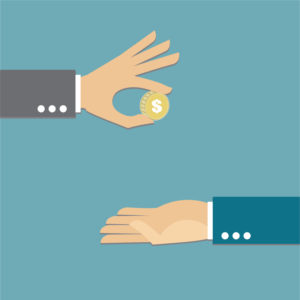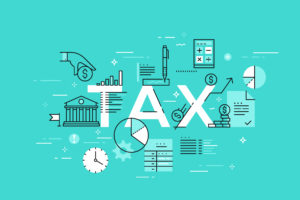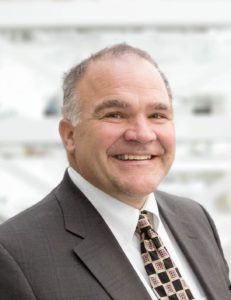If You Win the Big Jackpot Expect the IRS to Coming Knocking
Many people from all over the country enjoy gambling. Whether it’s big time poker, playing the slots or betting on sporting events, there are a lot of people who enjoy games of chance and the idea of winning something for nothing. Of course, most of the time, the house wins and the player walks away empty handed. When a player does win, it’s usually cause for a celebration. However, the big victory can be short-lived when the winner discovers that the taxman wants his piece of the pie as well.
In fact, the IRS is looking to really crack down on gambling earnings. As it stands rights now, when a person plays the slots he or she has to report any earnings of $1,200 or more to the IRS. The machine even stops working as soon as someone wins. It won’t start again until after a casino worker has presented the lucky winner with the necessary tax papers. However, recently the IRS threw out the idea of lowering that threshold down to just $600.
To no one’s surprise, many gamblers hate the idea. Realistically, they have a good point, too, because most people who play the slots never win enough to make up for their losses, so why should they have to pay taxes if they get lucky once or twice? Time will tell if the IRS end up getting the threshold lowered or not, but gamblers and casinos alike oppose the idea. For small time gamblers the idea seems unfair, and casinos say it would only take the fun out of the game for players.
The AICPA urges IRS to provide payment relief due to COVID-19
The AICPA on Thursday urged Treasury and the IRS to provide broader tax filing and payment relief for taxpayers affected by the ongoing COVID-19 pandemic. In a letter to Treasury Assistant Secretary for Tax Policy David J. Kautter and IRS Commissioner Charles Rettig from Christopher Hesse, CPA, chair of the AICPA Tax Executive Committee, the AICPA…
Coronavirus (COVID-19) Tax Information Summary
Coronavirus Tax Information Please note: clients will need to work extensively with their payroll tax service provider, and their Human Resource professional as this all gets complex. I assume information of how to compute and input amounts on the related forms will be provided in detail in the coming weeks. Congress is working on another…
COVID-19 Resource Center
MESSAGE FROM MANAGING PARTNER ALAN OLSEN Greenstein, Rogoff, Olsen & Co., LLP (GROCO) CPAs & Advisors remains committed to serving our clients. We hope this email finds you and your family well and in good health. If the COVID‐19 virus is affecting you or a loved one, we wish you and yours a speedy and…
Federal Tax Return Filing Deadline Moved to July 15, 2020
Federal Tax Return Filing Deadline Moved Now that both California and the Federal IRS April 15 tax deadlines have been extended, most taxpayers and businesses will have more time to file and make tax payments without interest or penalties. From the IRS Website “WASHINGTON — The Treasury Department and Internal Revenue Service announced today that…




